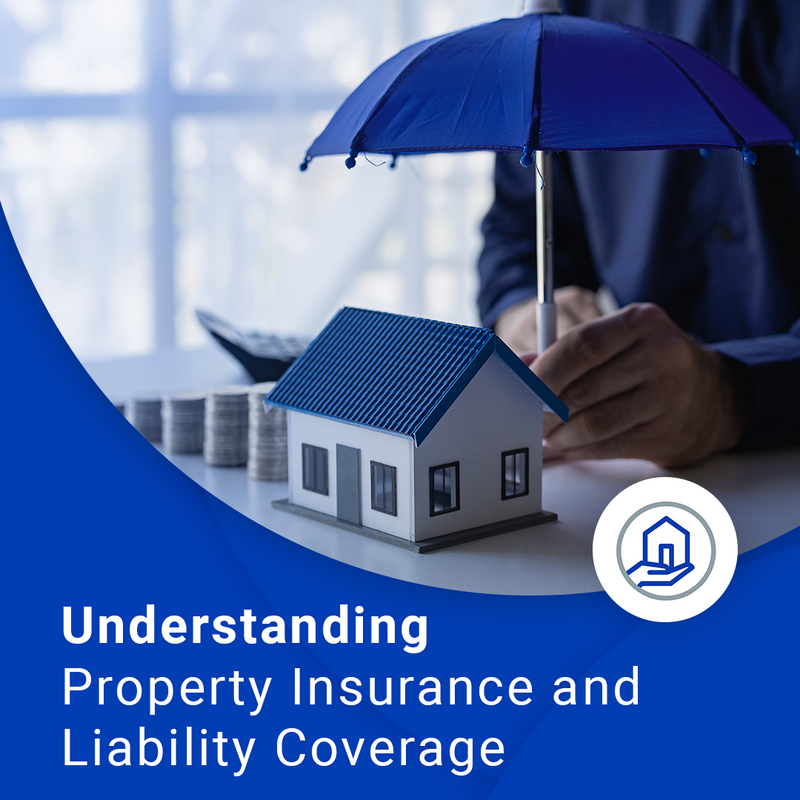As a property owner or manager, protecting your investment is of utmost importance. One crucial aspect of safeguarding your property is understanding property insurance and liability coverage. Having the right insurance policies in place can provide financial security and protect against potential risks. In this blog post, we will delve into the key elements of property insurance and liability coverage, empowering property owners and managers with the knowledge to make informed decisions and effectively manage their properties.
Property Insurance: Protecting Your Investment
Property insurance is a fundamental component of risk management for property owners. It provides coverage for damages to the physical structure and assets associated with the property. Depending on the policy, property insurance may include protection against fire, theft, natural disasters, vandalism, and other perils. It’s crucial to review your policy carefully, ensuring it adequately covers the value of your property and its contents.
Liability Coverage: Mitigating Risks
Liability coverage is another critical aspect of property insurance. It protects property owners and managers from potential lawsuits resulting from injuries or property damage that occur on the premises. Liability coverage typically includes legal fees, medical expenses, and potential settlements or judgments. It’s essential to have adequate liability coverage to mitigate the financial risks associated with accidents or incidents that may occur on your property.
Types of Property Insurance Policies
There are various types of property insurance policies to consider, depending on the nature of your property and its intended use. Some common types include:
– Homeowner’s Insurance: Designed for residential properties, it covers both the structure and personal belongings.
– Commercial Property Insurance: Tailored for commercial properties, it protects against risks specific to business operations.
– Landlord Insurance: Geared towards rental properties, it provides coverage for the property itself, liability, and potential loss of rental income.
Additional Coverage Options
In addition to standard property and liability insurance, there are additional coverage options worth considering:
– Umbrella Insurance: Offers extra liability protection beyond the limits of your primary policies, providing an additional layer of security.
– Flood Insurance: Protects against damages caused by flooding, which is not typically covered by standard property insurance policies.
– Business Interruption Insurance: Covers lost income and additional expenses resulting from business interruptions, such as a fire or natural disaster.
Reviewing and Updating Insurance Policies
Regularly reviewing and updating your insurance policies is essential to ensure they align with the current value of your property and potential risks. As your property evolves or new risks arise, consult with an insurance professional to make necessary adjustments to your coverage.
In conclusion, understanding property insurance and liability coverage is crucial for property owners and managers. By comprehending the key elements of property insurance, exploring different policy options, and reviewing and updating coverage regularly, you can effectively protect your investment and mitigate potential risks. Make the wise choice and ensure the security of your property with the right insurance coverage.

